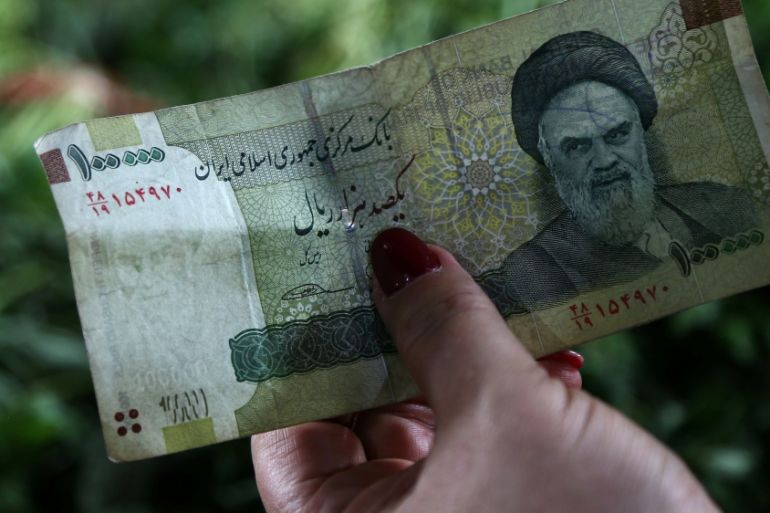German official bows out from leading Iran trade vehicle Instex
Berlin’s former ambassador to Tehran cites personal reasons for not taking job but criticism of Israel might play role.

European efforts to launch a barter-based trade conduit with Iran that would help offset the effects of United States sanctions on Tehran suffered a significant setback when its designated head bowed out at the last minute.
Bernd Erbel, a 72-year-old former German ambassador to Tehran, told the foreign ministry in Berlin this week that he would not be available to take over the role as Instex chief for “personal reasons”, a ministry spokeswoman said on Friday.
Keep reading
list of 4 itemsWhy is Biden ratcheting up the trade war with China?
Ivorian cocoa farmers ‘barely survive’ while chocolate company profits soar
Singapore Airlines death: Is climate change making air turbulence worse?
Erbel’s decision follows a report in German tabloid Bild that drew attention to a YouTube interview in which Erbel voiced criticism of Israel and its role in the Middle East and showed sympathy for Iran’s ambitions to develop a ballistic missile programme.
The Instex plan is part of efforts by France, the UK and Germany over recent months to salvage a nuclear accord between Iran and major powers.
The 2015 deal, under which many international sanctions against Iran were relaxed in exchange for Tehran curbing its nuclear programme, has teetered on the brink of collapse since US President Donald Trump pulled out of it last year.
Germany is expected to liaise with its European partners in the coming days about who could take Erbel’s place as the new Instex head.
The three EU countries, also known as E3, are trying to set up Instex as a barter-based trade conduit with Iran. In April, Iran established the Special Trade and Finance Institute designed to mirror Instex.
Instex – the Instrument in Support of Trade Exchanges – was first announced in January and is designed to enable European and Iranian companies to trade without any direct financial flows, thus bypassing the dollar and the US financial system.
If the mechanism goes forward, it would initially deal only in products such as pharmaceuticals and food, which are not subject to US sanctions.
Meanwhile, Iranian officials have repeatedly said Instex must include oil sales or at least provide substantial credit facilities.